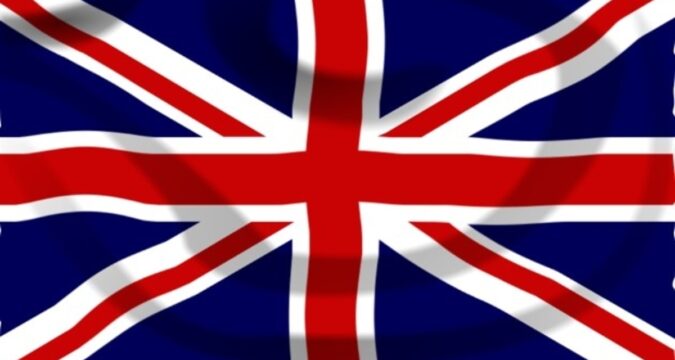
Thanks to the Brexit trade deal between the United Kingdom and the European Union, the EUR/GBP has been bearish since early this year.
Unfortunately, the EUR/GBP value has declined from 0.93 early in the year to its current value of 0.86. This current value is similar to its value as of early April. However, it is likely that the EUR/GBP will still decline further down the lows because the lows and the highs keep getting lower.
No Significant Changes
Today, there weren’t any changes from the Bank of England’s prior policies, with one of its members, Saunders expressing his disagreement. But his actions did not affect the GBP. Hence, analysts expect that the BoE will make some hard policies once the economy gets better and normal activities resume.
We will keep selling this pair as we have previously done, even if retraces go higher.
BoE august 5, 2021 monetary policy decision
- The bank rate remained at 0.1% as before
- Bank rate vote 8-0-0 (previous 9-0-0)
- Gilts’ buys 880 billion Pounds
- Corporate bond purchases 22 billion Pounds
- Total asset program 896 billion Pounds. Same as before
- Gilts purchase vote 7-1-0. Previous 8-1-0 (this changed because Saunders disagreed)
Expectations For The UK GDP
- 6% rise in Q2 2021
- 4% growth in Q3 2021
- Rise to pre-pandemic heights in Q4
- Transitory strength in world’s inflationary pressure
- Decline in inflation to almost 2.5%
- Doubt in the effect of a decrease in purchased assets shares on monetary terms
- The best option is to reduce purchased assets shares once the markets start functioning optimally.
- If the economy gets better as expected, tightening some monetary policies for that projected period might be necessary.
Depending on the economic circumstances, an increase of bank rate to about 0.6% will necessitate a reduction of purchased asset stocks by the BoE. Meeting the inflation target for the short term might necessitate some slight tightening of monetary policies.
Some Deductions From The BoE Decisions Above
The slight changes caused little or no movement for the Pound. While Saunders’ disagreement quashed the 6-2 vote forecasts, the most significant outcome of the meeting is the decision by the BoE to lower its policy rate threshold from 1.6% to 0.6%. Thus, lowering the quantitative easing (QE) but having a greater effect over the long-term.
Thus, the threshold for bank rates can be lower, and a 0.5% rate will improve quantitative and general policy tightening. Given the current economic conditions, it would be a surprise should the central bank dismiss inflation as ‘transitory.’
The Pound fluctuated noisily around the 1.3906 and 1.3946 range but has since settled around 1.3916. Even though the decreasing threshold for a more loosened QE seemed hawkish, it won’t have the expected bullishness for yields and the currency.
The BoE will rely less on bank rates but give more leeway to quantitative tightening. However, the two conditions may eventually support each other since the strength and nature of recovery will be the most determining factors.


